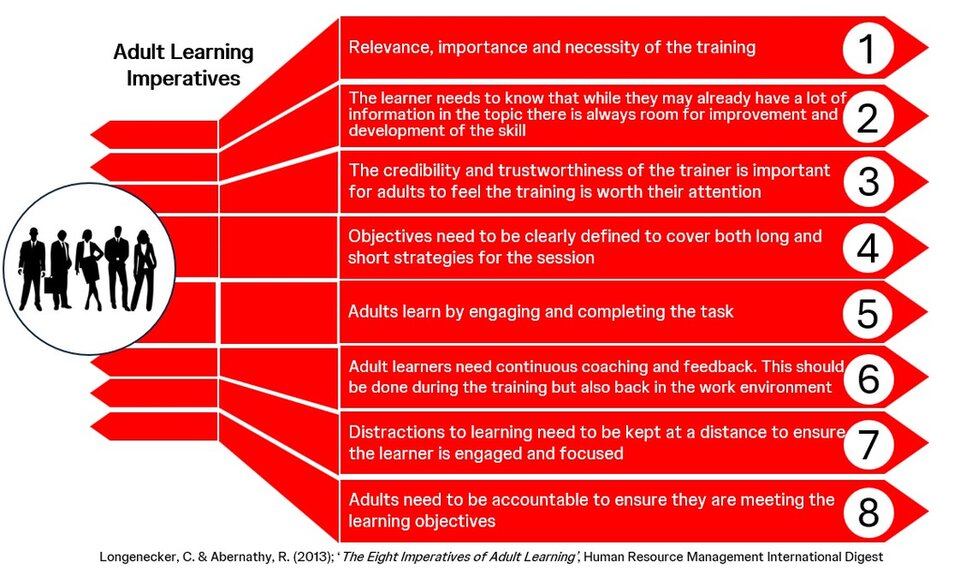Employee Assistance Program (EAP)
An effective training strategy
The power of a skill-based approach
Training is important for both personal and professional development. However, many of us experience training as time-consuming and inefficient. For years in Leiden, we had a small product portfolio: we usually made only two or three commercial products. With a New Product Introduction, it was easier to introduce a whole new set of procedures and training in addition to what was already there for our commercial products. This resulted in a 'product-based' training strategy rather than a skills focus.
This approach has a few drawbacks; apart from being time-consuming, it also leads to confusion for those being trained when applying the skills they have learned. Compare it to driving a car: you obtain a general driving license, not a specific license for a particular car brand.
Training programs for adults
Scientific research has shown that, as adults, we learn differently compared to children. Partly because of this, we have learnt that our traditional training methods are not always effective. The “Imperatives of Adult Learning” are guidelines that are important for developing training programs for adults. The “product-based” model does not quite fit these guidelines. That's when we started looking at whether we couldn't train better on skills, the so-called “skill-based” approach. In Business Unit 1, we started using this approach that was new to us.
“As adults, we learn differently compared to children’”

Training on skills
A skill-based approach focuses on developing specific skills that directly match departmental requirements. This better matches the learning needs of adults. Instead of offering training that focuses on specific products, we train skills that can be used in various processes for multiple products – think about performing filtration or a chromatography step independently of a specific product. This allows for more focused and effective learning, leading to faster development of the required skills.
What exactly are the advantages of such an approach? You receive targeted training, which increases your engagement and optimizes the efficiency of the learning process. By focusing on what is actually relevant to your job, you can invest time in learning broadly applicable skills instead of irrelevant information. Moreover, this approach is flexible; little adaptation is required when introducing new products.
“We focus on what really matters: developing relevant skills”
Internal and external insights – Implementing a skill-based approach starts with a thorough needs analysis within the department. This involves working with the department to examine which specific practical skills are needed, possibly supplemented by an externally conducted Workplace Analysis. Through this combination of internal and external insights, training units can be combined into so-called “skill blocks”. These can be displayed in a dashboard that can be used for tailor-made training as needed. Through the dashboard, everyone has insight into which elements of the training are still open, but also the extent to which there are sufficient skills within the entire team to run the process.

OPS. Bioreactor assembly training dashboard - Traning Completion Overview per Block
Continuous development and growth – Thanks to the excellent cooperation between BU1, QSC and DOXS, the skill-based approach for Leiden provides an opportunity to focus on what really matters: the development of relevant skills. This fosters a culture of continuous development and growth, which is indispensable in today's rapidly changing work environment.

Kristel de Wit
Senior Training and Learning Specialist

Marwin Albertema
Principal Training Specialist